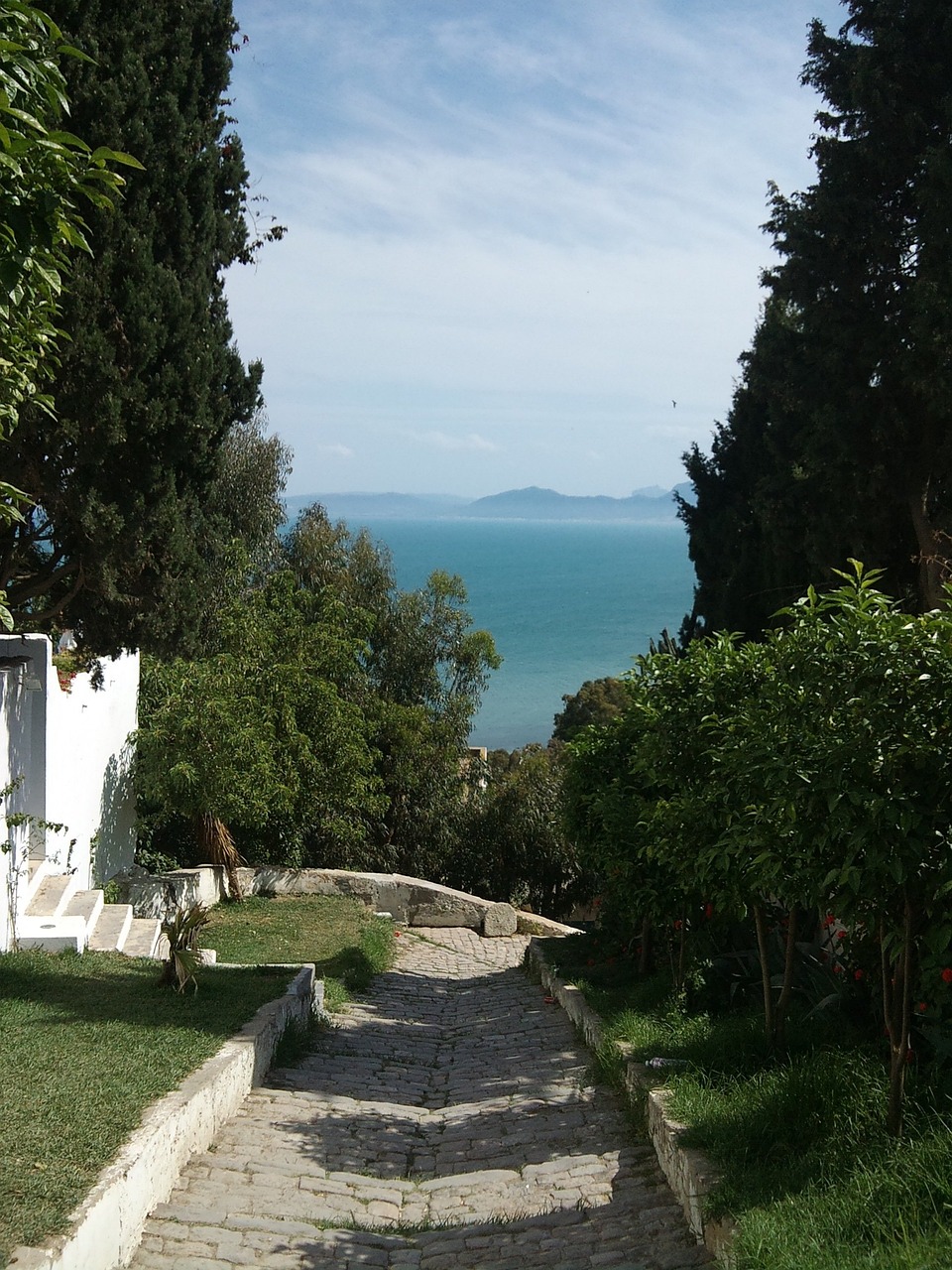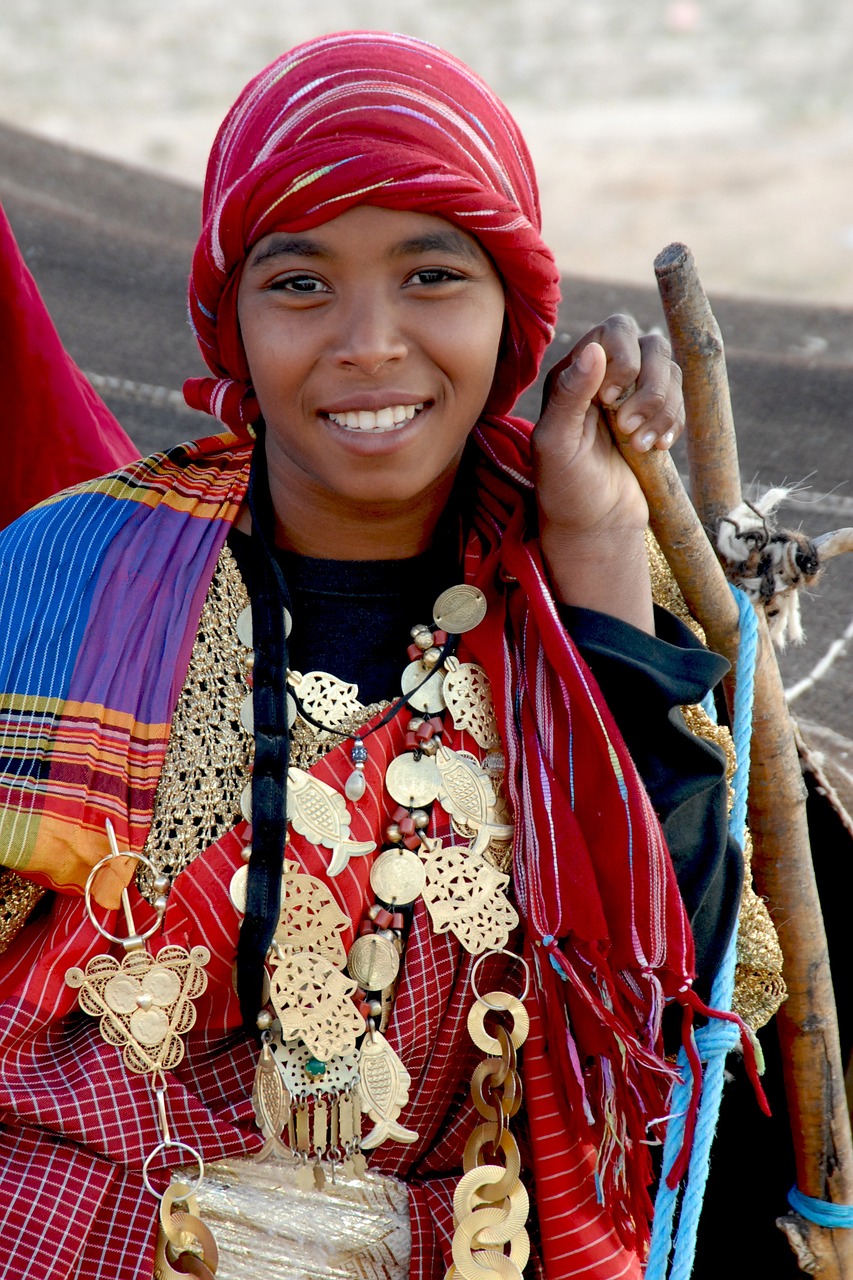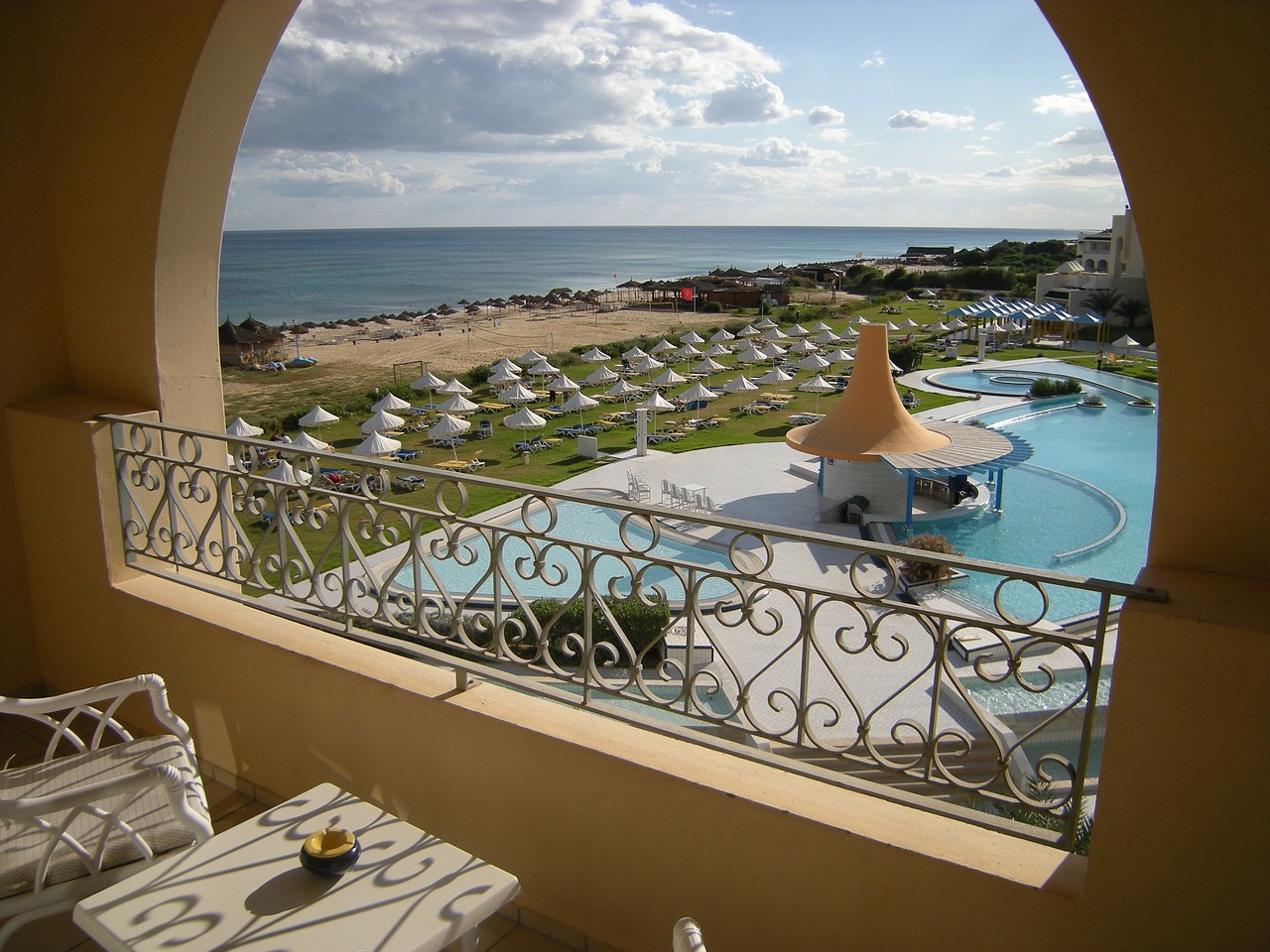Weathering Tunisia: Seasonal Changes and What to Expect
Tunisia, located in North Africa, experiences a Mediterranean climate, characterized by hot, dry summers and mild, wet winters. The country is known for its diverse landscapes, from stunning coastlines to vast deserts. Understanding the seasonal changes and what to expect in Tunisia can help you plan your visit accordingly. This article provides a detailed overview of Tunisia’s weather patterns throughout the year.
Tunisia Image 1:

1. Spring (March to May)
Spring in Tunisia is a delightful time to visit, with mild temperatures and blooming landscapes. The average temperature ranges from 15°C (59°F) to 25°C (77°F). Here are some highlights of the spring season in Tunisia:
- Flowering Gardens: Explore the vibrant gardens filled with colorful flowers, such as the Belvedere Park in Tunis and the Ennejma Ezzahra Palace Gardens in Sidi Bou Said.
- Festivals: Experience the cultural festivals that take place during spring, such as the International Festival of Sousse and the Djerba Midoun Traditional Music Festival.
- Outdoor Activities: Enjoy outdoor activities like hiking in the Atlas Mountains or exploring the ancient ruins of Carthage.
- Beach Time: Relax on the pristine beaches of Hammamet or Mahdia, where the water is still cool but pleasant for swimming.
2. Summer (June to August)
Summer in Tunisia is hot and dry, with temperatures ranging from 25°C (77°F) to 35°C (95°F) and sometimes even higher. Here’s what to expect during the summer season:
- Sun-drenched Beaches: Visit the popular beach destinations like Djerba, Sousse, and Monastir to soak up the sun and enjoy water sports.
- Desert Adventures: Embark on a desert safari in the Sahara Desert and experience the awe-inspiring landscapes and traditional Bedouin culture.
- Summer Festivals: Enjoy lively music festivals, such as the International Festival of Hammamet and the Festival of Carthage, featuring performances by local and international artists.
- Water Parks: Cool off in the thrilling water parks like Aqua Palace in Sousse or Acqua Palace Water Park in Hammamet.
3. Autumn (September to November)
Autumn in Tunisia brings milder temperatures, ranging from 20°C (68°F) to 30°C (86°F), making it an ideal time to explore the country. Here are some highlights of the autumn season:
- Harvest Season: Experience the local harvest season by visiting the vineyards and olive groves scattered across the countryside.
- Cultural Heritage: Explore the historical sites, such as the ancient city of Dougga and the Medina of Tunis, without the crowds of the peak tourist season.
- Outdoor Excursions: Take advantage of the pleasant weather and go hiking or biking in the picturesque landscapes of Cap Bon or the Matmata Mountains.
- Film Festivals: Attend the Carthage Film Festival, one of the oldest and most prestigious film festivals in Africa, showcasing a wide range of African and Arab cinema.
Tunisia Image 2:

4. Winter (December to February)
Winter in Tunisia is relatively mild, with temperatures ranging from 10°C (50°F) to 15°C (59°F) in coastal areas and slightly cooler temperatures inland. Here’s what you can enjoy during the winter season:
- Mild Climate: Escape the harsh winter temperatures of other regions and enjoy Tunisia’s mild winter climate.
- Historical Exploration: Discover the rich history of Tunisia by visiting the archaeological sites of El Jem, Bulla Regia, and Kerkouane.
- Spa Retreats: Pamper yourself in the luxurious spas of Hammamet or Tozeur, known for their therapeutic treatments and relaxation experiences.
- Festive Celebrations: Experience the vibrant celebrations of Christmas and New Year in the capital city of Tunis, where the streets come alive with decorations and events.
5. Packing Tips
Regardless of the season, it’s important to pack appropriate clothing and essentials for your trip to Tunisia. Here are some general packing tips to keep in mind:
- Light Clothing: Pack lightweight, breathable clothing for the hot summers, including shorts, t-shirts, and summer dresses.
- Layering: Bring layers for the cooler evenings in spring, autumn, and winter, as temperatures can drop.
- Sun Protection: Don’t forget to pack sunscreen, sunglasses, and a hat to protect yourself from the strong Mediterranean sun.
- Comfortable Shoes: Opt for comfortable walking shoes or sandals, especially if you plan to explore historical sites or go hiking.
- Swimwear: If you’re visiting during the summer, pack swimwear to enjoy Tunisia’s beautiful beaches and water activities.
Tunisia Image 3:

References
– National Institute of Meteorology, Tunisia: meteo.tn
– Tunisia Tourism: tunisia-tourism.org
– World Travel Guide, Tunisia: worldtravelguide.net
– Lonely Planet, Tunisia: lonelyplanet.com

